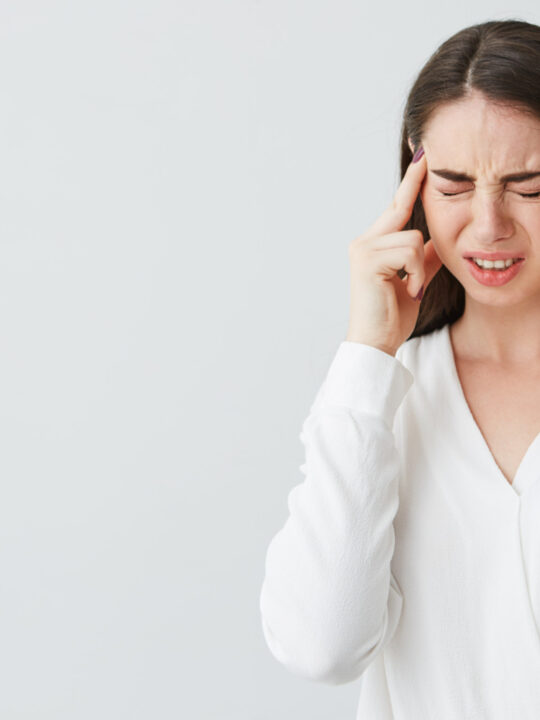Table of Contents
Have you ever paid attention to how you breathe? Have you ever stopped and considered whether you may have bad breathing habits? Sure, the way you breathe may not seem like a big deal or something you’ve given much thought to, but did you know if you have bad habits in this area, they can affect your body in a negative way? And here’s something even more interesting, simply by changing up your breathing habits you could in fact improve your physical and mental health.
Let’s take a closer look at the top three bad breathing habits and how they may be affecting your body right now.
Shallow Breathing
Did you know that when you are breathing, you should be taking full advantage of your diaphragm? Many people are what is classified as shallow breathers, which means they aren’t taking a deep enough breath to actually use the diaphragm, which is a muscle in your lungs. This muscle is meant to make inhaling and exhaling easier, smoother, and more efficient for your body. So, if you aren’t using this muscle the way it is intended, you are putting unnecessary strain on your body.
How can you tell if you’re a shallow breather? Typically, shallow breathers will “sip” the air through their upper chest, or even suck it into their bellies. In order to fix this habit, you’ll need to slow down, focus on your breathing, and ensure you’re filling your lungs and breathing more deeply.
Mouth Breathing
Mouth breathing is another bad breathing habit that many people are guilty of. This means you are inhaling and exhaling through your mouth rather than your nose. Mouth breathing can lead to teeth and gum issues, can cause you to snore at night – disturbing your sleep and your partner’s, and there are those that believe mouth breathing means you aren’t getting enough oxygen in your body, which can have a negative effect.
How can you tell if you’re a mouth breather? A good indicator is that you always have your mouth open as your method of breathing. Another tell-tale sign is that you wake up with a dry mouth in the morning, which can be an indicator of dehydration and sleep problems, making it impossible to get enough sleep.
While mouth breathing is common when you are sick and your sinuses are clogged, if you are doing it on a regular basis, it’s time to look into treatments and remedies.
Holding Your Breath
Sure, you may only do this when you feel nervous, excited, scared, or anxious, but when you make a habit of holding your breath, you aren’t doing your body any favors. Much like shallow breathing, it doesn’t allow your body to work at full capacity, which means you aren’t using your lungs efficiently and you aren’t getting enough air in.
This is often a habit, and everyone knows habits can be difficult to stop. It usually comes down to self-awareness and being aware of when and why you hold your breath. If you can start to identify these situations before they happen, then you’ll be able to curb the breath holding.
Keep in mind if you don’t exercise your airways and put them to use, it will make them tighter which makes it harder to breathe.
Forming Healthy Breathing Habits is a Must
So, if you’ve been feeling extra tired as of late, your breath feels constricted, or you just don’t feel as alert as you would like to, it may be that you’ve developed some bad breathing habits that need to be addressed.








